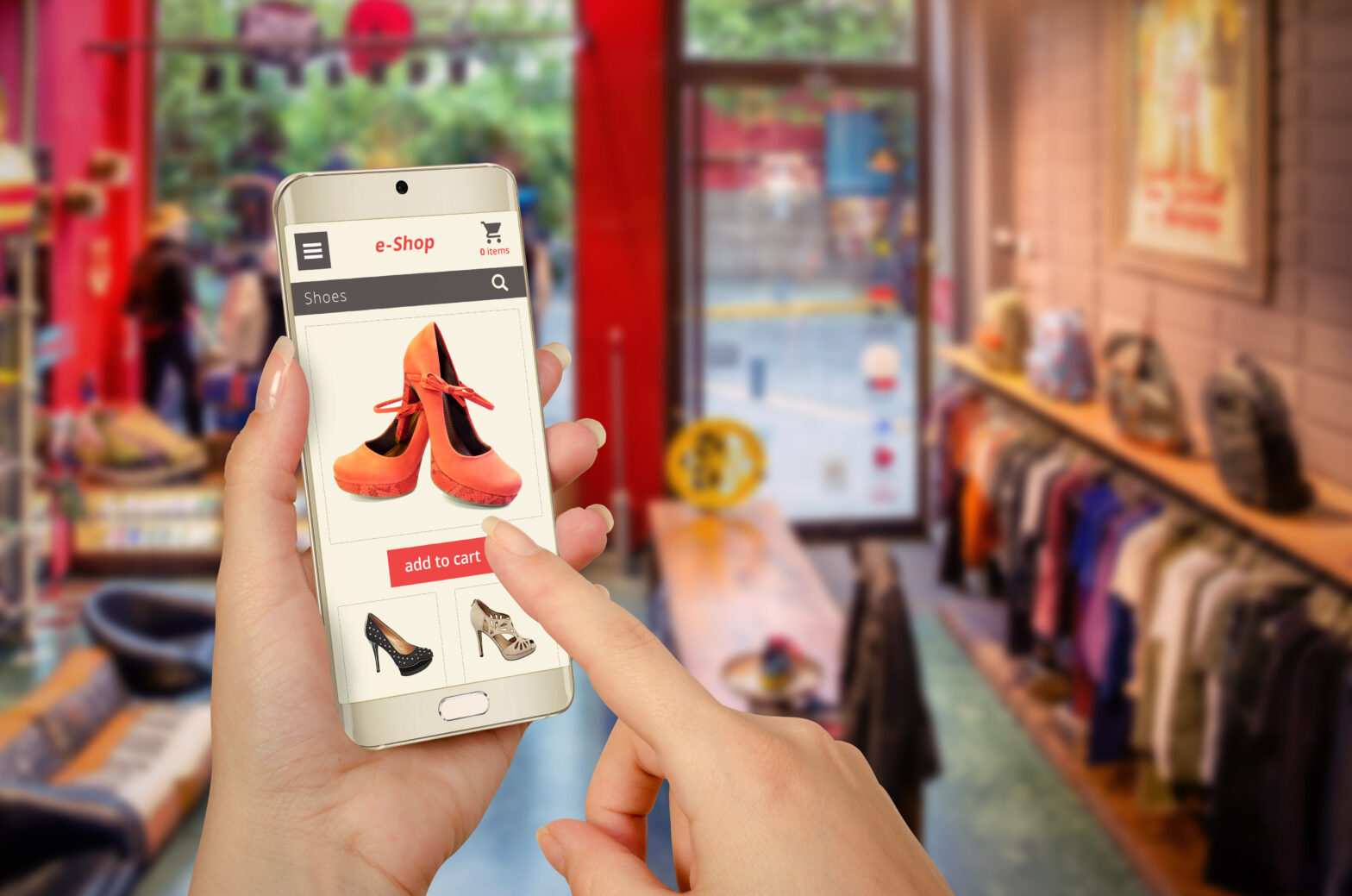Mobility is influencing customers and changing their expectations from retailers. It is integrated into their day to day lives and they want to expand it to every shopping experience.
Changing landscape
The retail landscape has changed dramatically in the past ten years; the days of visiting stores for purchases, competing with only a small number of mail order businesses has changed beyond recognition.
The introduction of internet retailing following by the revolution in smart devices continually changes our shopping habits. The pace of traction is highlighted by the fact that sales via smartphones rocketed by 101% during March 2016.
> See also: Consumers are disappointed in mobile retail apps: here's how to fix it
Consumers want to use technology in store, not only to order a product online if it isn’t in stock, with 62% of smartphone users more likely to take immediate action in this area, but to add to their overall experience. In order to support these changing habits, retailers must rethink their approach to in store technology and reconsider their stagnant thinking and devices.
Stagnant technology
Much as the consumers’ technology progressed, in store mobile technology was stagnant for some time. Retailers were simply buying what you could describe as ‘industrial’ technology from a few large suppliers, but not much was being done to innovate or disrupt the industry. This was until the introduction of the iPhone revolutionised user engagement and provided consumers with a new experience – the ability to access information and products at their fingertips.
The iPhone and similar smart devices also showed the world that mobile devices didn’t have to be bulky with 2D green screens; they could be agile, easy to use and functional, while also being stylish.
Since then brands like Samsung and Lenovo have pushed the boundaries of mobile technology, disrupting the market and forcing the industry to innovate. So what’s holding retailers back?
Retailers holding back
It is certainly not the technology that is holding retailers back. We now have agile mobile technology that meets consumer demands. However, the one element I believe we don’t have is the correct mind set.
It seems retailers want to embrace new technology, but, based on previous experience, feel that if they implement the technology too quickly, customers may reject the change and retailers could potentially lose sales. It is this fear that is holding them back.
They may now pat themselves on their backs for implementing point of sales terminals, but they need to still think bigger and not let out of date thinking hinder their innovation.
Retailers must follow the lead of industry pioneers, such as Amazon, and not take what they do daily for granted. They must look to disrupt the market, break down the barriers and take the next step; as in Amazon’s case, it uses existing customer data to upsell relevant products; as seen in the customers who bought this item also bought feature.
> Related: 5 practical tips for retailers to make the best of mobile wallets
Therefore if retailers follow this example and incorporated mobile technology in store, it would allow them to utilise customer data in a similar way; increasing customer engagement and sales.
So what’s next?
To make the retail industry change its mind on mobile technology, it needs bricks and mortar retailers to lead the way. This is being steered by the big four supermarkets, as they already show signs of increased mobility. Therefore other retailers must innovate to stay with or even ahead of the competition.
This is essential if retailers are dedicated to meeting consumer demand for a more rounded retail experience. Implementing forward-thinking mobile technology will allow retailers to expand their offering, improve customer experience, increase sales opportunities and open endless possibilities for the future.
Sourced from Nassar Hussain, managing director for Europe and Africa, SOTI










